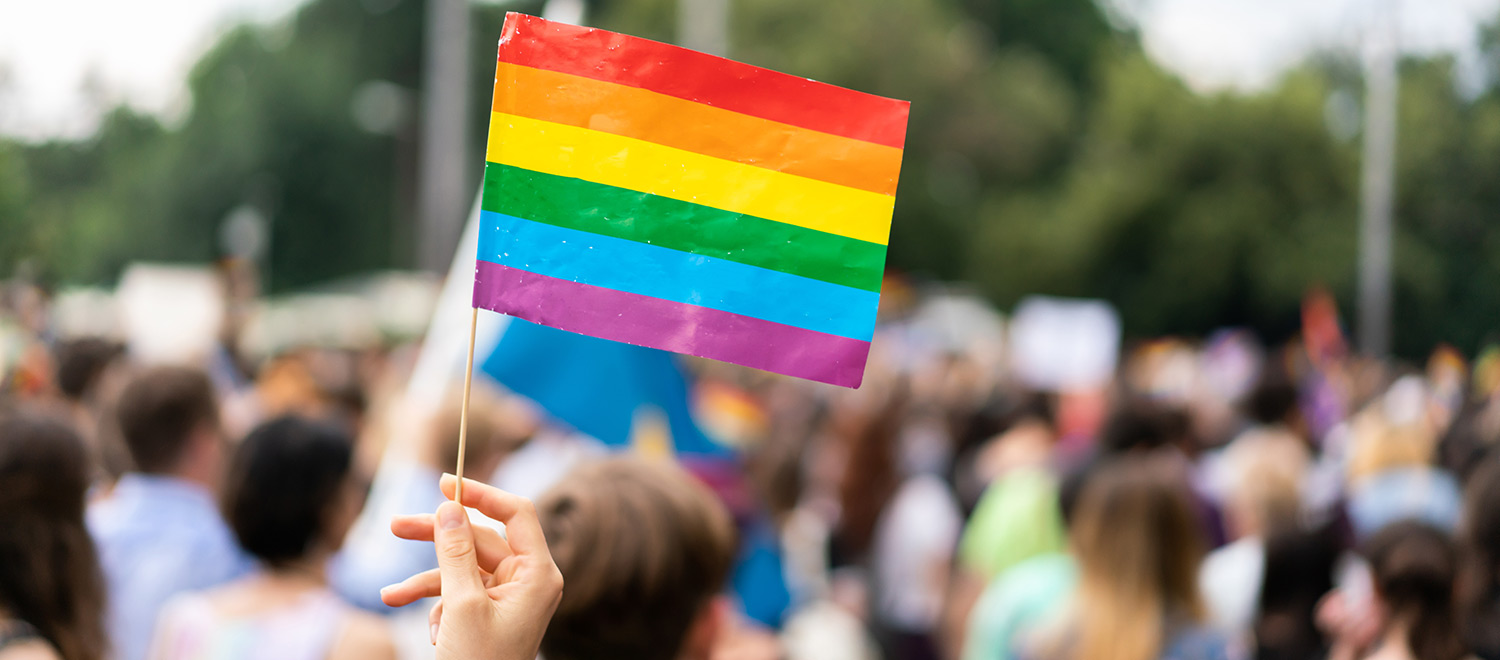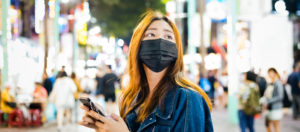May 17th marks an important milestone for the Asian community. Taiwan became the first country to legalize same-sex marriage in Asia.
When Tsai Ing-wen was running for president in 2016, marriage equality was the center of her campaign. Taiwan was already known as the progressive forerunner on many issues – gender equality, animal rights, just to name a few; but she had a more ambitious goal. She believed in same-sex marriage and wanted to demonstrate how progressive values can take root in an East Asian society. After all, Taipei is home to East Asia’s largest gay pride parade – an event that regularly draws tens of thousands of participants.
Although being LGBTQ is more openly accepted in Western society nowadays, it is still a culture taboo in most Asian culture. Even just a few months back in November 2018, Taiwanese didn’t vote favorably on gay marriage. Even in highly-westernized societies like Hong Kong, same-sex marriage is not recognized. Last year, a Hong Kong court just ruled that committed same-sex couples had the same rights to spousal visas as married heterosexual couples. There is still a long way to go.
Being part of the LGBTQ community is especially difficult in Asian culture. Not to mention its traditional family values, the idea of being “different” is even harder for many to accept. In the collectivistic society, everyone is expected to conform, including their sexual identity and orientations. Although there isn’t as much as religious influence like here in the U.S., the fact of being the minority is just as restrictive.
Coming out has an added layer of weight in Asian culture. Being a LGBTQ is never just a personal choice in an Asian family. It becomes an identity the entire family is labeled with. No matter how parents feel about the issue, they are bond by social pressure from their own family and friends. Just like how the famous San Zi Jing (Three Character Classics) says, “To feed without teaching is the father’s fault.“ Many Asian parents are pressured to believe it is their lack of guidance that resulted in their children’s “deficiency.”
Adding to the complexity, Asians simply don’t talk about their emotions, especially not among parents and children. Their tendency to avoid conflicts means LGBTQ topics will be on the bottom of their list. It is a common practice for the parents to pretend they don’t know, and the children to pretend nothing is out of ordinary. In fact, McDonald’s pro-LGBT commercial in Taiwan sparked huge controversy back in 2016, partially because it featured a sit-down conversation between a dad and son about his sexual preference.
Now you can understand the significance of Taiwan’s legislative approval. Hopefully it will spark even more LGBTQ conversations in Asian communities both here in the U.S. and back at home.







